Hello Gentle Entities and Aioli Drizzled Enemies! Here in the plane that contains Hipsters of the Coast the month of May has multitudinous moments of celebration! I can barely keep up. I wish everyone the very best of everything they cherish, share, inform or replenish. May your May celebrations be the renewal you deserve!
As this is our nineteenth column, we at Mizz Mizzet’s School for Complicated Lifeforms would like to remind you that we answer between 1-3 letters from our interrogative entities across the multiverse each week.
This week we shall focus on a single question involving the etiquette of offering advice.
If you missed our initial column, you may peruse it at your leisure at this location.
Content Warnings
Mizz Mizzet’s Guide to Magical Manners is pleased to provide Content Warnings, given that solving bad behavior often means describing bad behavior.
Dear Mizz Mizzet;
Is there ever a polite way to offer someone input about their deck? I know it can be condescending, but talking about deck construction is a lot of what I love about playing Magic. Please advise?
Sincerely,
Overly Enthusiastic Embersmith
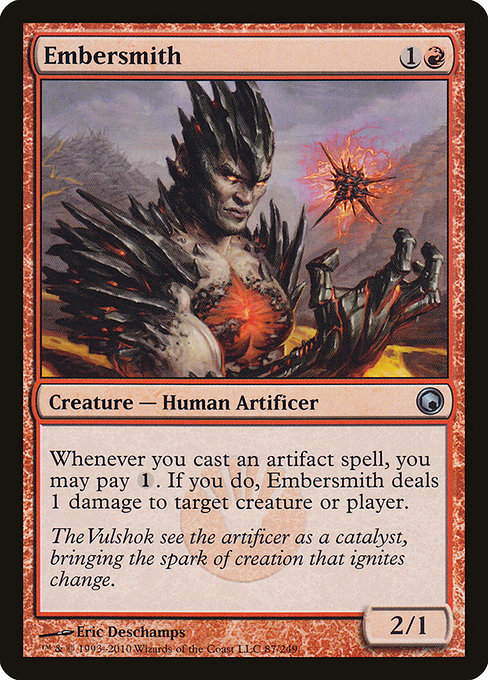
Dear Embersmith,
One of the great social joys of sharing a pastime is reveling in the interactions and minutia that only fellow enthusiasts can follow. For the game of Magic that involves the formulation, discovery and acquisition involving decks.
Indeed – even if one acquires one’s decklist from established deck artisans – the expertise and opinions of this deck designer can fuel a wondrously rich and pleasant conversation about deck theory and card choices. The primary polite way to approach someone to engage in a conversation about one’s deck involves open, authentic agreement that it is simply wonderful to have a deck at all and then have the opportunity to play and experience it. All forms of deck construction have value.
What you will find is that many folk do not offer conversation to share joy but to experience expertise or demonstrate their own credibility as arbiters of taste or strategy. While you may have nothing but shared joy, the person with whom you would like to share this moment may have had numerous individuals try to engage them in asymmetric “constructive” advice. One should ALWAYS remember that you are not the first person to interact with someone and while you are not responsible for the poor behavior of others – it is good etiquette to make sure that your own interactions do not add to that list.
So the very first thing is a simple piece of conversational etiquette utilized in competition, critique or simply while complimenting someone who has given you their time, or talent. It is a simple formula and always works to keep you on the right side of graciousness:
“Thanks for the game, I really enjoyed (name something that happened that you thought was great that involves the participation of your conversational partner) and I thought your (deck, play, sportsmanship) was really great because (personal thing you thought was really great for a reason).”
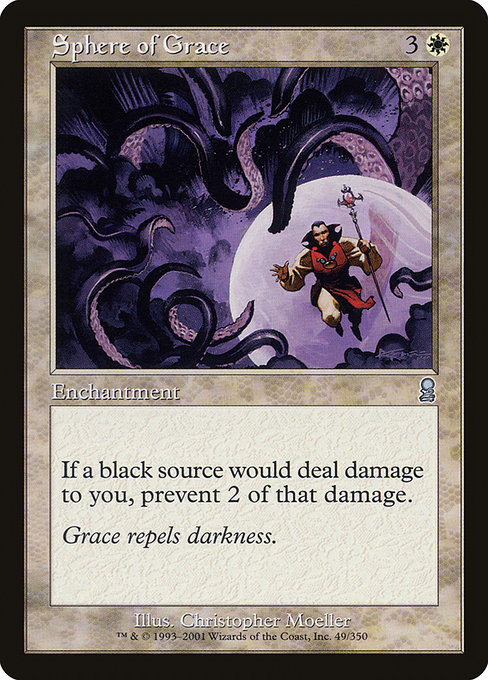
Now is the tricky part- you have led with the things you believe were the positives and you would like to move to a deeper conversation with your fellow player. This is where many fellow folk who love talking about card choices can remember to do this properly framed initiative but still fall short triggering interactions that might be interpreted as condescending or unwelcome.. The confusion often happens because the conversational instigator may not realize the compliment does not act as “permission” to start talking about suggestions for what the other person should do.. It is the opening move to establish that equals will be sharing a conversation that is expected to be reciprocal.
You should absolutely NOT continue on to the deck construction portion of your discussion. One must pause.
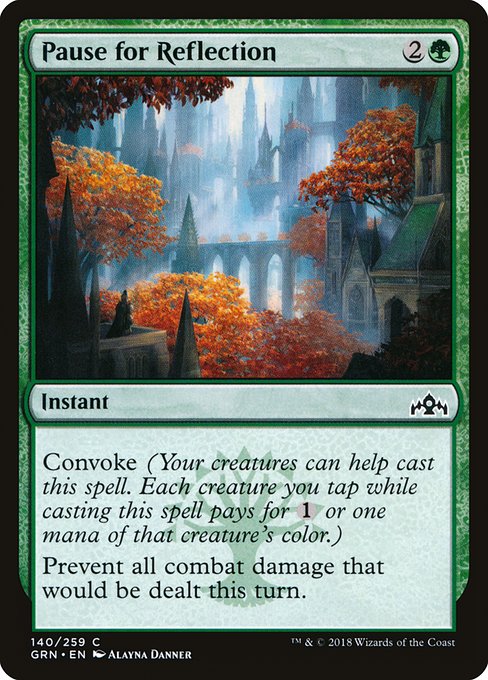
Let your fellow player accept the compliment (which should always be about the game, or gameplay and never about the personal appearance or individual quality of the person with whom you would like to analyze card strategy) and then you should listen for, at minimum, the words “thanks” or thank you before pursuing the conversation further.
When initiating a conversation in public it is good to do a quick check of the social temperature both for yourself and your intended associate. Are you still feeling positive about continuing the conversation? It’s OK if you have second thoughts! This is an elegant time to back out after your initial opening and close with an open but boundary setting statement such as “I hope to see you at more games here.” You may then move on if you have reconsidered the wisdom of a deep discussion at that moment due to location, the tenor of other attendees or if you have picked up signals that the person you are speaking to isn’t looking to continue the conversation.
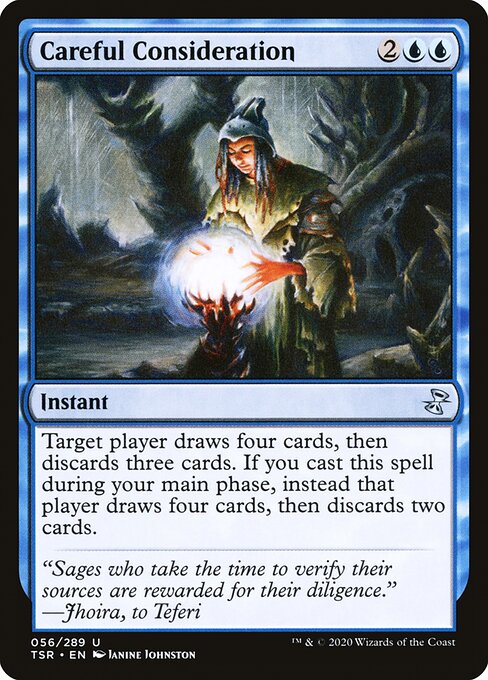
Now! Assuming all of the other aspects of your conversational gambit are taken in the hail-fellow-traveler-well-met! manner you intend them and all systems are go you may now engage in the things that you need to have a polite discussion about deck construction choices:
It is important quite simply to declare your intent and then (as in so many things) acquire consent.
So for example – if you won the game, a person might perceive your card suggestions as either gloating or assuming that they cannot do their own analysis. You would certainly not want them to feel that way. Making an enemy feel humiliated is an entirely different set of conversational rules! Allow me to provide you with tools of other trades. It is a rule of constructive critique in many other spaces to lead with a positive and then follow up with the constructive suggestion.
An example:
I really like your use of Wheel of Fortune and Jaya in your Zurzoth, deck. Very on theme. I had been thinking of putting together a burn deck, could you tell me a little bit about how you built your deck? I think I would like to lean into the chaos factor for my build.”
If they engage in the conversation – knowing you like one or two of their choices but also knowing you are going to speak about your own preferences, you have successfully managed to have this conversation without the taint of “giving advice.”
What if that person has won but you would still like to have the conversation? It could be perceived as unwanted advice if you suggested changes to their deck. However it’s much easier to establish conversational consent”
“My goodness that was quite a game! It was touch and go there and I really thought I had you before you manage to bring out that lifegain combo. I wouldn’t have thought about that being in a Mardu deck. What inspired it?”
If the conversational gambit is picked up then you might compare and contrast ways the deck would operate with card changes.
And finally – what if you really, honestly want to give a player you think might want or need a tip or trick some actual advice if they have just played. Good manners during the game will make the proper etiquette for offering advice come from a place of fellow feeling but the request for further discussion should still be stated simply:
“I really enjoyed our match and you’re a really sharp player. I noticed a few places in game play where your card options or tactics could be opened up by a few different cards. I’d be happy to chat about them with you a little bit if you want. If you noticed anything about my game or deck that could be different I’d like to hear it too ”
And of course the most important part of any encounter involving etiquette, if the person being asked says “No thank you” you respond with “Well it’s been great playing with you, hope you give ‘em hell the next match!” and then excuse yourself immediately to prepare for your next match and your next possible conversational partner.
A lovely thing about playing in a local establishment on a regular basis is that politely giving a competitor space and encouraging them without pressure is that it will create a basis of trust that will make you a person to go discuss strategy with later when they might be the one to initiate the conversation. Think of the etiquette of discussion instigation combined as a seed from which future interactions will grow over time. It is an investment in reputation.
You are well on your way to becoming quite the ethically elegant entity simply by realizing that you should take the comfort of conversational partners into account while pursuing your own endeavors. Follow those types of impulses and I’m sure you will be a welcome advisor.
MM
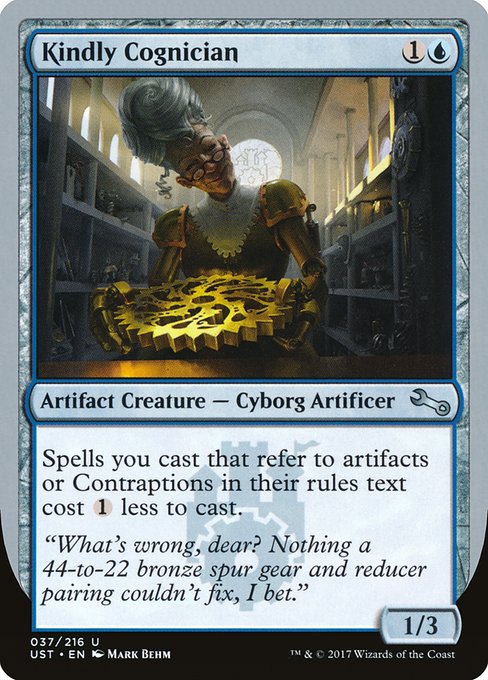
Thank you to Adrienne Reynolds, for her interplanar transcription services.
Mizz Mizzet Portrait by Andres Garcia
Delightful Readers, Please Submit Your Questions to Mizz Mizzet.
You may submit your questions to Mizz Mizzet using this form.
New Mizz Mizzet columns are posted every Wednesday right here as well as in Hipsters of the Coast‘s weekly email newsletter. You are also encouraged to follow her at @MizzMizzet on Twitter.
Any questions answered publicly will be made anonymous, and noms de plume will be created to represent any parties mentioned.
Born a perfect dragon in an imperfect multiverse, Mizz Mizzet (she/her) is the pioneer broodmother of today’s multiplanar civility movement. She is now working to persuade Planeswalkers to participate in it.
Her tireless efforts to expand the understanding and exercise of etiquette beyond the stereotypical terror of too many pieces of silverware, and whether to use poisons or explosives at celebratory conquest dinners, have not escaped official notice.
She specializes as a consultant in seating arrangements for inter and intra planar political events as long as contracts include the option to eat the rude.
Out of respect for her relative’s delicate sensibilities regarding draconic rank, she does not reside on the plane of Ravnica.

